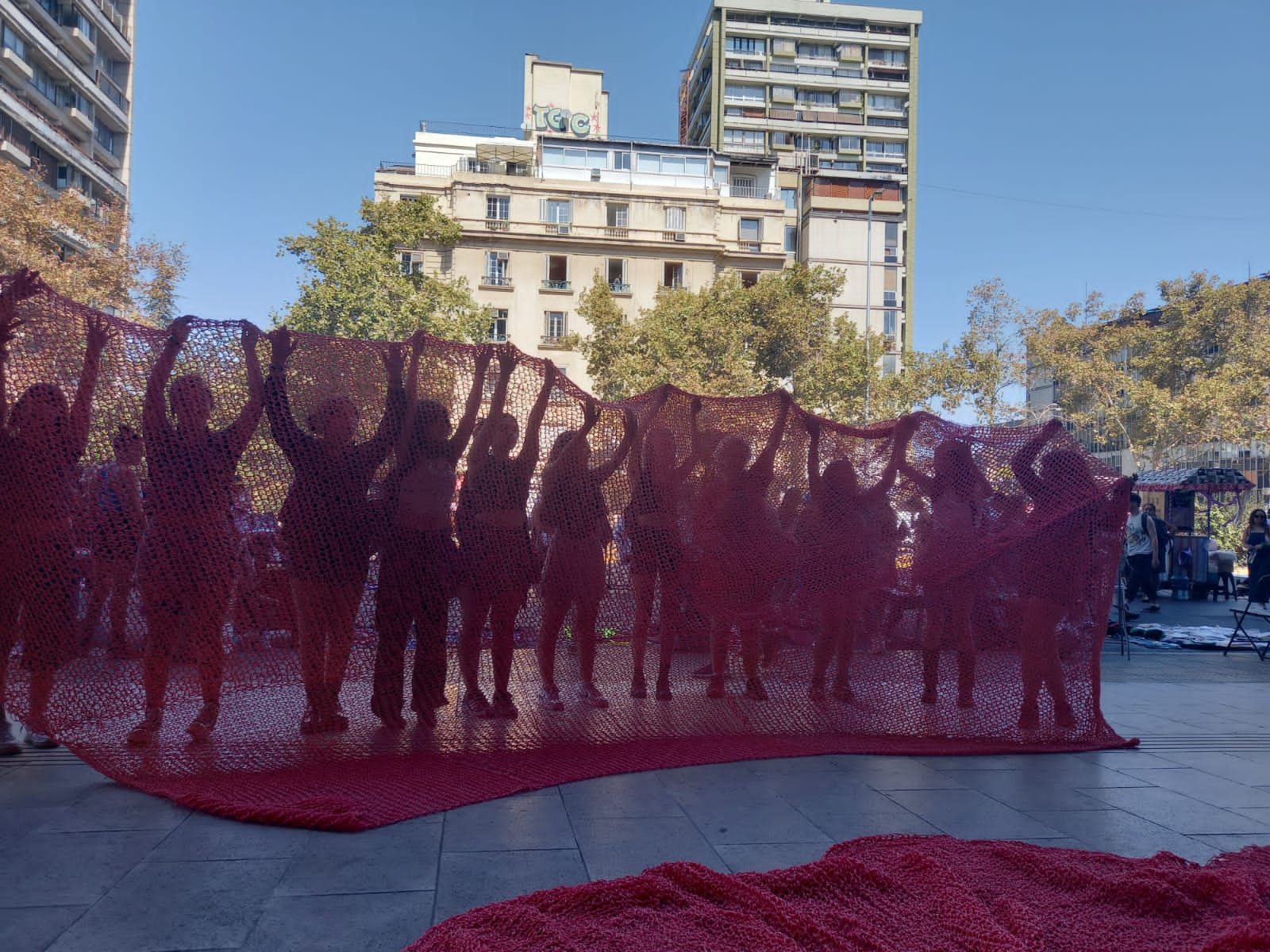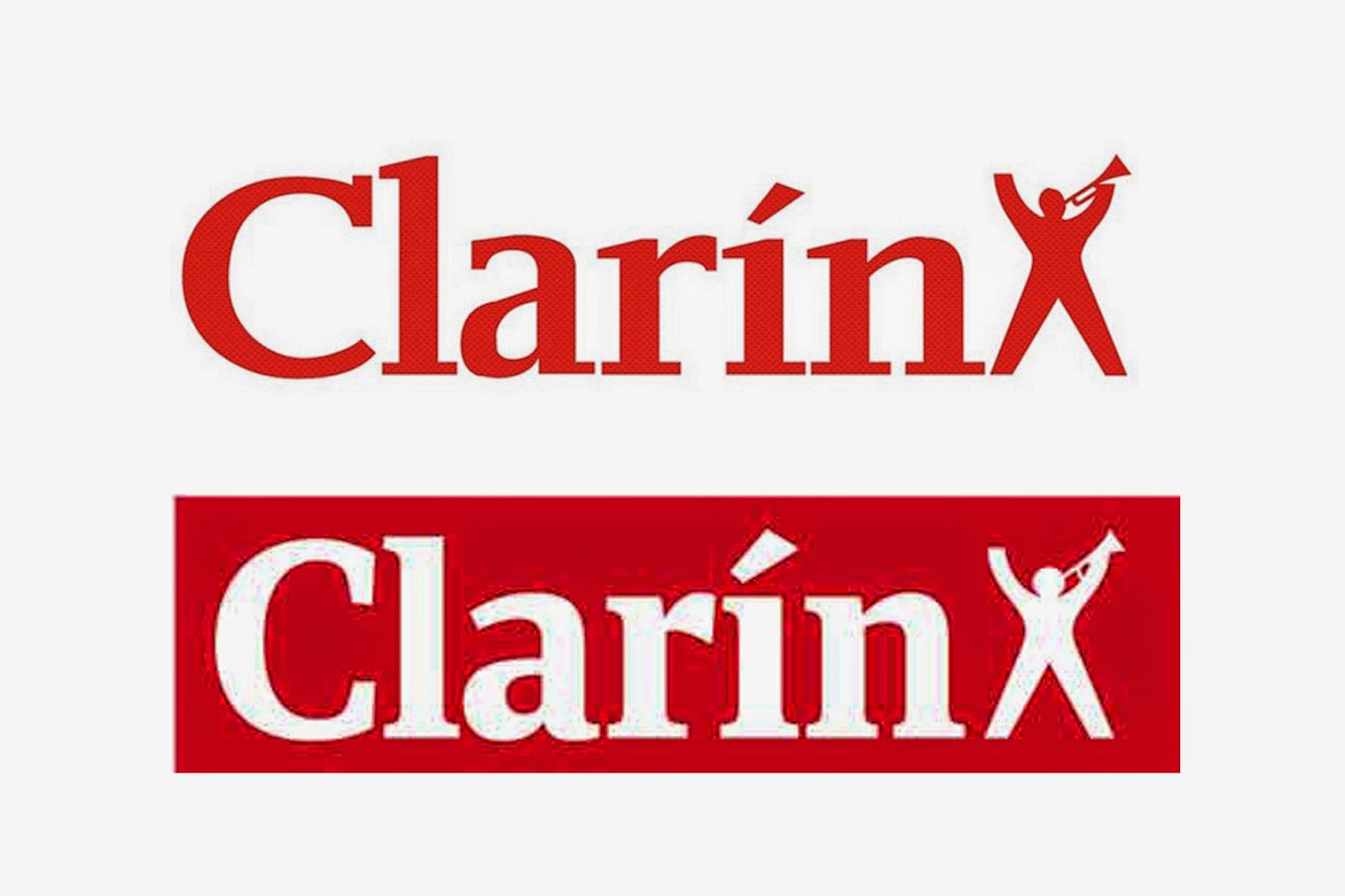El Clarin De La Victoria - A Closer Look
Sometimes, finding a bit of triumph in our daily routine can feel quite special. It’s almost like discovering a clear, ringing sound that signals something good, a moment of real understanding or a little win. This idea, a kind of "clarion call of victory," if you will, often comes from those moments when things just click, when details become clear, or when something works exactly as it should. It’s about the quiet satisfaction that comes from everyday happenings, really.
This sense of clarity and accomplishment isn't always about grand gestures; it can, in fact, be about the very practical parts of our existence. Think about the way a simple errand can feel satisfying when it goes smoothly, or how a quick meal can bring a sense of ease to a busy day. These smaller, more frequent instances of things just working out can, in a way, build up to a larger feeling of success, almost like a steady beat that keeps us moving forward.
So, we're going to explore some very particular aspects of our world that, when looked at closely, show us how precision and careful attention to detail can bring about that very same feeling of triumph. We'll be looking at how certain words function, how places help us get what we need, and how, basically, getting the small things right can contribute to a bigger sense of getting things right in general. It’s a bit like finding the hidden wins in plain sight, you know?
Table of Contents
- What Makes Everyday Victories Possible?
- Understanding the Nuances: El or Él?
- How Does Gender Shape Our Words?
- Possessive Pronouns: Claiming What's Ours in el clarin de la victoria
What Makes Everyday Victories Possible?
When you think about it, a lot of what makes our days run smoothly comes down to having access to the things we need, when we need them. This is where places like "El super fresh" and "El super cocina" step in, offering a helping hand that can, in a way, feel like a small daily triumph. These spots are all about making life a little easier, providing immediate solutions for our hunger and household needs. It’s almost like they’re orchestrating a little bit of harmony in the hustle and bustle of our routines, you know?
The Freshness That Rings True for el clarin de la victoria
Consider "El super fresh," a smaller version of those bigger "El super markets" we might be familiar with. This particular kind of store focuses on providing just what you might be looking for without making you wander through huge aisles. They have groceries, of course, but they also offer a good selection of fresh items, like fruits and vegetables, which is very helpful for putting together wholesome meals. You can also find daily baked goods, which are pretty nice for a quick breakfast or a sweet treat, and cuts of meat ready for your dinner table. It’s a convenient stop that, basically, helps you tick off a lot of items on your list, contributing to that feeling of getting things done, a little victory for your day.
Meals Prepared with a Sense of el clarin de la victoria
Then there's "El super cocina," which is a separate part, often right there, where they get food ready for you. This spot is a true lifesaver for those times when cooking just isn't an option or when you're craving something specific. They prepare things like burritos and tacos, which are, you know, pretty popular and satisfying. But they also make special dishes, like carnitas, which is a particular kind of prepared pork that many people really enjoy. Getting a meal that's already made, and made well, is a definite win, freeing up your time and bringing a bit of comfort to your plate. It’s a quick, tasty way to achieve a small triumph over hunger, contributing to that overall feeling of "el clarin de la victoria" in your everyday.
Understanding the Nuances: El or Él?
Moving from the practicalities of daily life, we can find a similar sense of precision and clarity in the way we use language. Just like knowing where to find the freshest produce, understanding the subtle differences in words can lead to a kind of linguistic triumph. Take, for instance, two very similar-looking words in Spanish: "el" and "él." They look almost identical, but that tiny mark, a little accent, makes all the difference in what they mean and how they're used. It’s almost like a secret code that, once you figure it out, helps everything make more sense, allowing for a clearer message to ring out.
Why Does a Tiny Mark Matter for el clarin de la victoria?
That little mark, the accent on the letter 'é' in "él," is actually quite important. When you see "él" with that accent, it's a pronoun, which means it stands in for a person or sometimes an animal or thing. Its direct equivalent in English is "he." So, when someone says "él," they are talking about a male individual, or something treated as such in a sentence. It's the singular form of the masculine third-person personal pronoun, and it's used to point to the person, animal, or object being spoken about, setting it apart from the person speaking. This precision in referring to someone or something clearly is a big part of achieving "el clarin de la victoria" in communication, making sure your message is understood exactly as you intend, you know?
For example, if you say "Él tiene muchos amigos," you're making it clear that *he* is the one with many friends. This is a common way subject pronouns work in Spanish; they're like words such as "I," "he," "she," and "they" in English. They tell you who or what is doing the action in a sentence. Getting this right means your sentences are clear and your meaning is precise, which is, basically, a win for anyone trying to communicate effectively. It’s a fundamental piece of the language that, when understood, truly helps your words resonate with clarity.
The Definite Article and Its Role in el clarin de la victoria
On the other hand, "el" without the accent is a definite article. Think of it as the Spanish word for "the." This little word is often placed right before masculine singular nouns that are concrete things. It's not referring to a person directly, but rather to a specific item or idea. For instance, if you say, "El libro está en la mesa," you're saying "The book is on the table." Here, "el" is simply pointing out which book we're talking about, the specific one. It’s a very common word, appearing all the time in everyday conversation and writing, and its correct use is, you know, pretty essential for proper sentence structure.
Another example could be, "Las mujeres hablan con el profesor." Here, "el" is used before "profesor," indicating "the teacher." And in a phrase like "El agua de el océano es salada," it’s pointing to "the water" and "the ocean." Both "el" and "él" are correct forms and are listed in the dictionary of the Spanish language. "Él" is part of what's called diacritic accentuation, where an accent mark helps distinguish words that are spelled the same but have different meanings or functions. So, really, knowing the difference helps you speak and write with more accuracy, which can certainly contribute to "el clarin de la victoria" in how well you express yourself.
How Does Gender Shape Our Words?
It might seem a bit unusual to those learning Spanish, but every noun in the language has a gender. It's either masculine or feminine. This isn't about the actual gender of a person or thing, but rather a grammatical classification that influences other words around it. And, you know, you really need to be aware of this gender because the adjectives and articles that go with a noun must match its gender. This is a pretty big part of making your sentences sound natural and correct. It’s almost like a rule that helps everything fit together nicely, contributing to the overall flow of your communication.
For instance, if you're talking about a masculine noun, like "libro" (book), you'd use "el libro" (the book) and any adjectives describing it would also take their masculine form. If it's a feminine noun, like "mesa" (table), you'd say "la mesa" (the table) and use feminine adjectives. This agreement is a fundamental aspect of Spanish grammar, ensuring that your descriptions and references are precise. Getting this right is a kind of victory in itself, as it means you’re speaking with clarity and accuracy, allowing your message to resonate with true "el clarin de la victoria" in its proper form.
Possessive Pronouns: Claiming What's Ours in el clarin de la victoria
Beyond articles and subject pronouns, Spanish also has possessive pronouns, which are another interesting way the language expresses relationships and ownership. These words, like "el mío" (mine), "la tuya" (yours), or "los suyos" (his/hers/theirs), are used to stand in for nouns, telling us to whom or to what those nouns belong. They are, basically, shortcuts that avoid repeating the noun itself, making sentences a little smoother and more efficient. It’s a neat trick the language uses to keep things clear without being overly wordy.
So, instead of saying "This is my book, not your book," you might say "Este es mi libro, no el tuyo" (This is my book, not yours). The "el tuyo" replaces "your book," indicating possession without having to say "book" again. This kind of linguistic neatness contributes to a sense of order and precision in communication. When you can express belonging clearly and concisely, it’s a definite sign of mastery over the language, almost like hitting a perfect note in a song. This clarity in expressing ownership or connection is yet another way that precision in language can bring about a sense of "el clarin de la victoria" in how we share our thoughts and ideas.
The discussion above has explored how everyday conveniences, like those offered by "El super fresh" and "El super cocina," contribute to a smoother daily existence. It also detailed the distinct uses of "el" and "él" in Spanish, explaining how an accent mark changes a definite article into a personal pronoun. The piece further looked into the concept of noun gender in Spanish and its influence on accompanying words, and finally, it touched upon the function of Spanish possessive pronouns in indicating ownership.

Women, fabric that grows - El Clarin de Chile - World Today News

Nothing to celebrate? - El Clarin de Chile - World Today News

clarin | Petrus-Maximinus